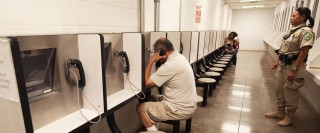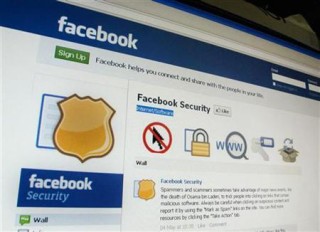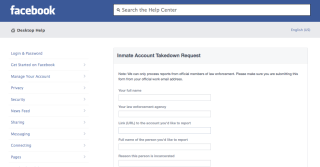Makani Themba’s 2014 Parker Lecture Remarks
Thank you. first, I want to congratulate Kathy Sandoval, what great company to have on this day. thank you for your amazing work over the years. I want to thank my movement family – especially my comrades at the praxis project who share this award with me. Thank you to my sistar Jaribu Hill for being here, for her incredible work as a hunan rights lawyer and culture warrior
Thank you united church of christ office of communication. what an August and incredible institution. thank you for your pioneering leadership, leadership that has always understood that there can be no justice when people are silenced. thank you.
I am deeply, deeply honored to receive this recognition named for one of my personal heroes, Rev. Rverett C. Parker. and in 2014, the 50th anniversary of the challenge filed against the license of WLBT in Jackson, MS? Just amazing! when Rev. Parker, Aaron Henry and Rev. R.l.T. Smith filed that challenge 50 years ago, you could only get involved in FCC matters if you had what they thought was an economic stake or the broadcaster signals created interference. this petition, the years of organizing at its foundation, and the groundbreaking decision that followed will always be a core inspiration to me.
Mississippi is very much on my mind these days.
There have been many milestone anniversaries commemorated this year – 50th anniversary of freedom summer, the civil rights act, the assassination of Medgar Evers and more. I find myself reflecting on the deep, inextricable link between the fight for just access to media and just content grounded in human rights. as Rev. Parker, Rev. Smith and mr. Henry knew back then, racist coverage along with censorship was analogous to shouting fire in a crowded theater. the exclusion of black voices and the promotion of hate had helped to create an environment where black life was cheap.
Access and content operate together. media justice requires we address them both. Renisha Mcbride, Trayvon Martin, Michael Brown, Oscar Grant, John T. Williams, Henry Glover, Juan Herera, Amadou Diallo, Iman Morales, Eleanor Bumpers, Vincent Chin, and the four little girls murdered in a church basement 51 years ago last month Addie Mae Collins, Cynthia Wesley, Carole Robertson, Denise Mcnair there are so many more names to recall. there are so many names we don’t even know. and they number into the millions, over centuries as we are reminded over and over again that for people of color in this country, our lives are cheap. continuing the legacy of rev. Parker is to break the complicity of media – especially news media — with our dehumanization. of course, media bias does not pull the trigger but it does help paint a target on our backs. we can do so much better. we can be much better. and in doing so, there’s the opportunity to make media worthy of the public’s airwaves as rev. Parker himself imagined.
I will close with the words of one of mississippi’s greatest freedom fighters, ms. Fannie Lou Hamer, whom Jaribu Hill reminded me that yesterday would have been her 97th birthday: she said, in her inimitable way of cutting to the chase, “it’s time for america to get right.”
As Rev. Parker and his comrades showed us decades ago, media justice – just access and just content – is a critical step in that direction. I am holding the vision that when we gather to celebrate the 75th anniversary of this important decision, we will be able to say that our work helped get america right. Thank you again for this incredible honor.



